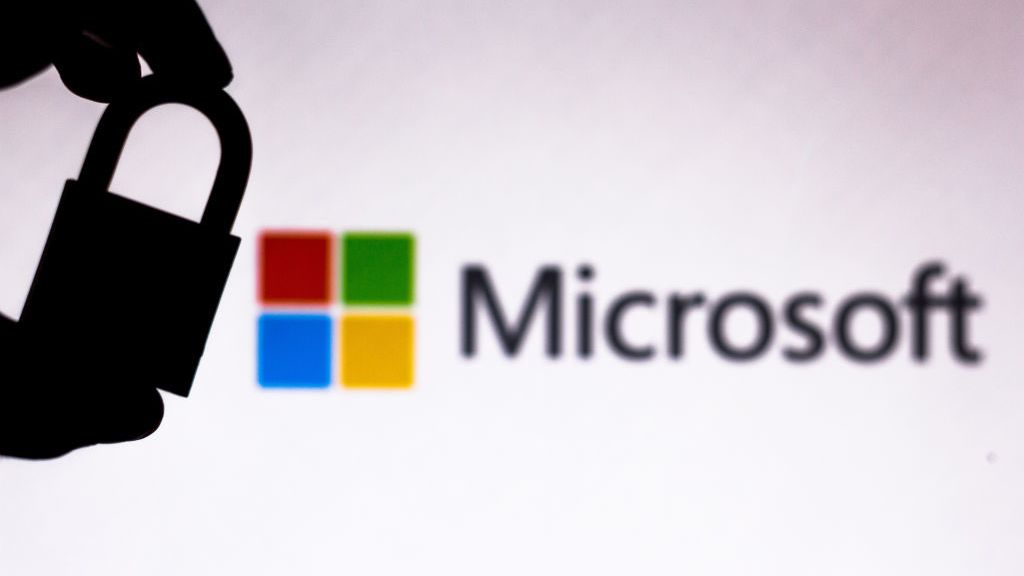BBC buys botnet to highlight cybercrime
The BBC has purchased hacking software for one of its television programmes, to highlight the dangers of cybercrime.


A BBC News technology programme has acquired a botnet from an online chatroom and used it to hijack almost 22,000 computers.
The BBC website said: "If this exercise had been done with criminal intent it would be breaking the law. But our purpose was to demonstrate botnet's collective power when in the hands of criminals."
Click, the BBC's technology show, ordered its PCs to send out spam to two specific test e-mail addresses set up by the programme, filling inboxes with thousands of junk messages within hours.
It then launched a Distributed Denial of Service (DDoS) attack on a backup site owned by security company Prevx - who had agreed for it to go ahead. Click ordered its slave PCs to bombard its target site with requests for access and it only took 60 machines to overload the site's bandwidth.
Jacques Erasmus from Prevx told the BBC: "Cyber criminals are getting into contact with websites and threatening them with DDoS attacks. The loss of trade is very substantial so a lot of these websites just pay-up to avoid it."
The botnet has now been destroyed and the users of the unprotected PCs users have been given security advice on how to make their machines less vulnerable.
Greg Day from McAfee told IT PRO: "These botnets are a double edged sword. Not only do they steal from our computers, important information like credit and debit card numbers but, just as insidious, use our PCs to attack others. From a business point of view this can be very damaging."
Get the ITPro daily newsletter
Sign up today and you will receive a free copy of our Future Focus 2025 report - the leading guidance on AI, cybersecurity and other IT challenges as per 700+ senior executives
"The best protection against this is simply up-to-date anti-virus software and network intrusion prevention."
Click will be broadcast on Saturday 14 March on the BBC News Channel.
Jennifer Scott is a former freelance journalist and currently political reporter for Sky News. She has a varied writing history, having started her career at Dennis Publishing, working in various roles across its business technology titles, including ITPro. Jennifer has specialised in a number of areas over the years and has produced a wealth of content for ITPro, focusing largely on data storage, networking, cloud computing, and telecommunications.
Most recently Jennifer has turned her skills to the political sphere and broadcast journalism, where she has worked for the BBC as a political reporter, before moving to Sky News.
-
 Should AI PCs be part of your next hardware refresh?
Should AI PCs be part of your next hardware refresh?AI PCs are fast becoming a business staple and a surefire way to future-proof your business
By Bobby Hellard
-
 Westcon-Comstor and Vectra AI launch brace of new channel initiatives
Westcon-Comstor and Vectra AI launch brace of new channel initiativesNews Westcon-Comstor and Vectra AI have announced the launch of two new channel growth initiatives focused on the managed security service provider (MSSP) space and AWS Marketplace.
By Daniel Todd
-
 Seized database helps Europol snare botnet customers in ‘Operation Endgame’ follow-up sting
Seized database helps Europol snare botnet customers in ‘Operation Endgame’ follow-up stingNews Europol has detained several people believed to be involved in a botnet operation as part of a follow-up to a major takedown last year.
By Emma Woollacott
-
 Horabot campaign targeted businesses for more than two years before finally being discovered
Horabot campaign targeted businesses for more than two years before finally being discoveredNews The newly-discovered Horabot botnet has attacked companies in the accounting, investment, and construction sectors in particular
By Ross Kelly
-
 Brand-new Emotet campaign socially engineers its way from detection
Brand-new Emotet campaign socially engineers its way from detectionNews This latest resurgence follows a three-month hiatus and tricks users into re-enabling dangerous VBA macros
By Ross Kelly
-
 Microsoft says “it’s just too difficult” to effectively disrupt ransomware
Microsoft says “it’s just too difficult” to effectively disrupt ransomwareNews The company details its new approach to combatting cyber crime as the underground industry drains $6 trillion from the global economy
By Connor Jones
-
 Beating the bad bots: Six ways to identify and block spam traffic
Beating the bad bots: Six ways to identify and block spam trafficIn-depth Not all traffic is good. Learn how to prevent bad bots from overrunning your website
By Sead Fadilpašić
-
 Ukraine's vigilante IT army now has a DDoS bot to automate attacks against Russia
Ukraine's vigilante IT army now has a DDoS bot to automate attacks against RussiaNews The 270,000-strong IT Army of Ukraine will now combine supporters' cloud infrastructure to strengthen the daily attacks against their invaders
By Connor Jones
-
 Microsoft's secure VBA macro rules already being bypassed by hackers
Microsoft's secure VBA macro rules already being bypassed by hackersNews Recent analysis of Emotet activity has revealed a shift away from malicious Office documents to drop malware
By Connor Jones
-
 Emotet infrastructure has almost doubled since resurgence was confirmed
Emotet infrastructure has almost doubled since resurgence was confirmedNews Researchers confirm the infrastructure has also been upgraded for a "better secured", more resilient operation
By Connor Jones